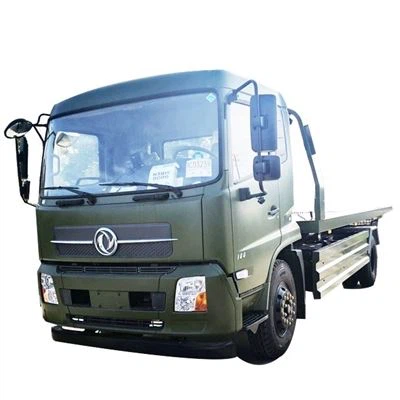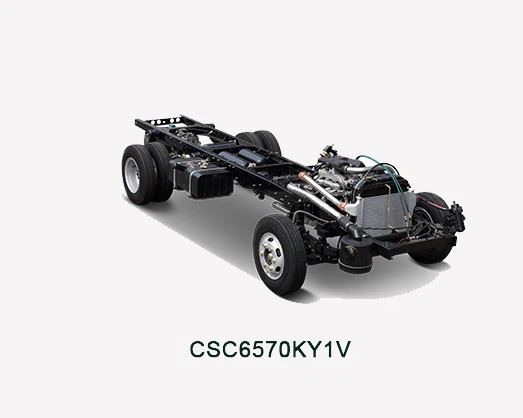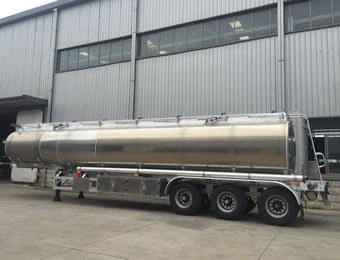Junk Trucks for Sale: Your Ultimate Buying Guide

If you’re in the market for junk trucks, whether for personal use or business, you’ve come to the right place. This comprehensive article will guide you through everything you need to know about buying junk trucks, including where to find them, what to consider before making a purchase, and tips for maximizing your investment. By understanding the market and how to evaluate junk trucks, you’ll be better prepared to find the right one for your needs.
Understanding Junk Trucks
What is a Junk Truck?
A junk truck is typically a vehicle that’s no longer in working condition or has significant wear and tear. This might include trucks with mechanical issues, cosmetic damage, or those that require extensive repairs. Often, these trucks are sold at lower prices, making them an appealing option for DIY enthusiasts, restoration projects, or businesses that need utility vehicles without breaking the bank.
Why Consider Buying a Junk Truck?
There are many reasons someone might consider purchasing a junk truck:

- Affordable Prices: Junk trucks usually come at a fraction of the cost of new or refurbished vehicles.
- Customization Potential: Buying a junk truck allows you to repair and customize it to your specific needs.
- DIY Projects: Many people enjoy taking on restoration projects as a hobby.
- Parts Availability: You can salvage parts from junk trucks, which is useful for repairs or to keep as spares.
Where to Find Junk Trucks for Sale
Online Marketplaces
Several online platforms specialize in listing junk trucks for sale. Some popular options include:
| Marketplace | Description |
|---|---|
| eBay Motors | A vast selection of vehicles, including junk trucks, from sellers nationwide. |
| Craigslist | Local listings where individuals frequently sell junk trucks directly. |
| Facebook Marketplace | A community-driven platform where you can buy and sell locally, including vehicles. |
| AutoTrader | Search for used and junk trucks among a wide range of listings. |
Auction Sites
Auction sites can also be a valuable resource for finding junk trucks:
- Copart: Specializes in salvage vehicles and has a large inventory of junk trucks.
- IAA: Focuses on insurance auctions, where junk trucks can be found at marked-down prices.

What to Consider When Buying Junk Trucks
Budgeting for Your Purchase
One of the first steps in buying a junk truck is determining your budget. Consider factors such as:
- Purchase Price: The initial cost of the truck.
- Repair Costs: Potential expenses for bringing the truck back to working condition.
- Registration and Insurance: Expenses related to registering the vehicle and insuring it once repaired.
Assessing the Condition of the Truck
Before buying, assess the truck’s condition thoroughly:
- Mechanical Issues: Check for engine problems, transmission issues, and brake conditions.
- Body Condition: Inspect for rust, dents, and structural integrity.
- Electrical System: Ensure that the wiring and battery are in good condition.
Performing a Test Drive
If possible, take the junk truck for a test drive. Pay attention to how the vehicle handles, any strange noises, and overall performance to gauge its functionality even in a compromised state.
Negotiating the Purchase Price
Research Market Value
Before negotiating, research the market value of similar junk trucks. Understanding what others are asking will empower you in the negotiation process.
Be Prepared to Walk Away
If the seller is unwilling to negotiate, don’t hesitate to move on to another option. There are many junk trucks available on the market, and it’s important not to settle if the price isn’t right.
Fixing and Restoring Your Junk Truck
Common Repairs for Junk Trucks
Depending on the condition of the truck, you might need to perform various repairs, including:
- Engine Fixes: Changing oil, replacing filters, or rebuilding components.
- Bodywork: Removing rust, repainting, or replacing damaged panels.
- Electrical Repairs: Fixing wiring issues, replacing the battery, or reconfiguring circuits.
DIY vs. Hiring a Mechanic
Decide whether you want to undertake the repairs yourself or hire a professional. If you’re handy, DIY can save money, but for complex repairs, consider consulting a mechanic to ensure the job gets done right.
Maximizing Your Investment

Understanding Resale Value
After repairs, you’ll need to consider how much you can sell the truck for if you choose to part ways with it later:
- Research local market trends.
- Keep receipts for all repairs to demonstrate the vehicle’s value.
Alternative Uses for Junk Trucks
If you decide the truck isn’t worth repairing, you might consider alternative uses:
- Parts Salvage: Dismantle the truck and sell valuable parts.
- Donation: Some charities accept junk vehicles and may provide a tax write-off.
Frequently Asked Questions (FAQs)
1. Are junk trucks safe to drive?
It depends on the condition of the truck. Always conduct a thorough inspection and, if necessary, work with a mechanic before taking it on the road.
2. How much should I pay for a junk truck?
The price can vary widely depending on factors like location, condition, and vehicle make and model. Generally, you might expect to pay anywhere from a few hundred to a few thousand dollars.
3. Can I get a title for a junk truck?
Yes, but it depends. Ensure that the seller can provide a clean title. In some cases, you can apply for a rebuilt title after making necessary repairs.
4. What are the best brands for junk trucks?
Popular brands with a good reputation for durability include Ford, Chevrolet, and Dodge. Look for models with a history of reliability and ease of repair.
5. Is it worth fixing a junk truck?
It can be worth fixing a junk truck if repairs are manageable and you expect to use the truck regularly or can resell it for a profit afterward.
6. How do I determine the value of a junk truck?
Assess the truck’s condition, determine potential repair costs, and research market prices for similar vehicles in your area to gauge its value effectively.
